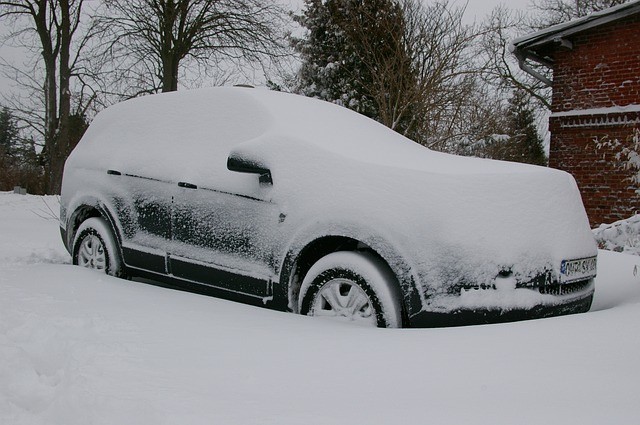
The cold weather is here, and along comes a host of winter car problems that are common. Knowing these car problems can help you cope with car care in one of the most tedious seasons of the year.
Wintertime for cars is not the easiest to manage compared to other times of the year. This guide will be covering Internal Combustion Engines (ICEs), so electric vehicles would not be applicable.
For the motorist who has winterized the car for the cold months, some problems will be mitigated. Except for those who have not winterized their vehicle, some issues will most likely be experienced.
Whether any car has been winterized, these tips will come in handy. Especially if it is just starting or when car troubleshooting is needed.
The car battery is kaput or dead.
In winter, the car battery discharges faster and can lead to a dead battery if not checked. It is a fact that the cold can sap 10% of the charge of a lead-acid battery. Once the car has hard starts and cranks weakly, it might need a replacement. One of the best solutions to stave of a dead battery out in nowhere is to replace it. Usually, a click or two will start the engine; if it takes longer, replace it.
Car tires are too soft or losing air.
Cold temperatures will cause the tire pressure to drop one psi for a 10-degree drop, so the colder it gets, so does a car's tire pressure. Another is the rubber used in tires when it suddenly gets hot, softens, and cracks. One solution is to keep the tire pressure regular every week. For the best assurance, get a tire pump or a mechanical tire inflator in a pinch. Always lookout for this as one of the less severe winter car problems.
Also read: U.S. Government Agencies Under Cyber Attack: Russia, China Main Suspects
Fluids used by the car have thickened.
Internal combustion engine cars need a variety of liquids to keep them running fine. In summer, it is no problem, but when the temperature drops, the fluids thicken. It causes engine problems and affects all moving parts that are felt as power loss. Count in the seals and gasket that crack to due colder temperatures too. Have an oil change before cold weather and warm-up for 10 minutes before moving.
Sparkplugs are cracked and need changing.
If there is a problem with sparkplugs, then it will be hard to start the car. Replace the spark plugs when hard starts are happening each morning. If a spark plug is cracked or corroded, it needs to be changed asap. It will affect the efficiency of a cat significantly. It can even be replaced by Do-it-Yourself with an extractor tool easily.
When the alternator belt is frayed or needs replacement.
The alternator belt should not be allowed to get frayed or cut because it will cause electrical problems. Cold weather tends to shorten the life of the strap connected to the alternator. Warning signs would be a loud squeal when cranking the engine. But, sometimes the problem is the alternator, so have it checked thoroughly. Any sign of wear and tear should change; if it snaps, the car won't start. Another thing to checker in conjunction with the alternator belt and alternator is the starter motor.
Here are the most common winter car problems to watch out for and manage. Always check the car.
Related article: Report: Libyan Official Says That Lockerbie Bombmaker Will Be Charged and Extradited to US








